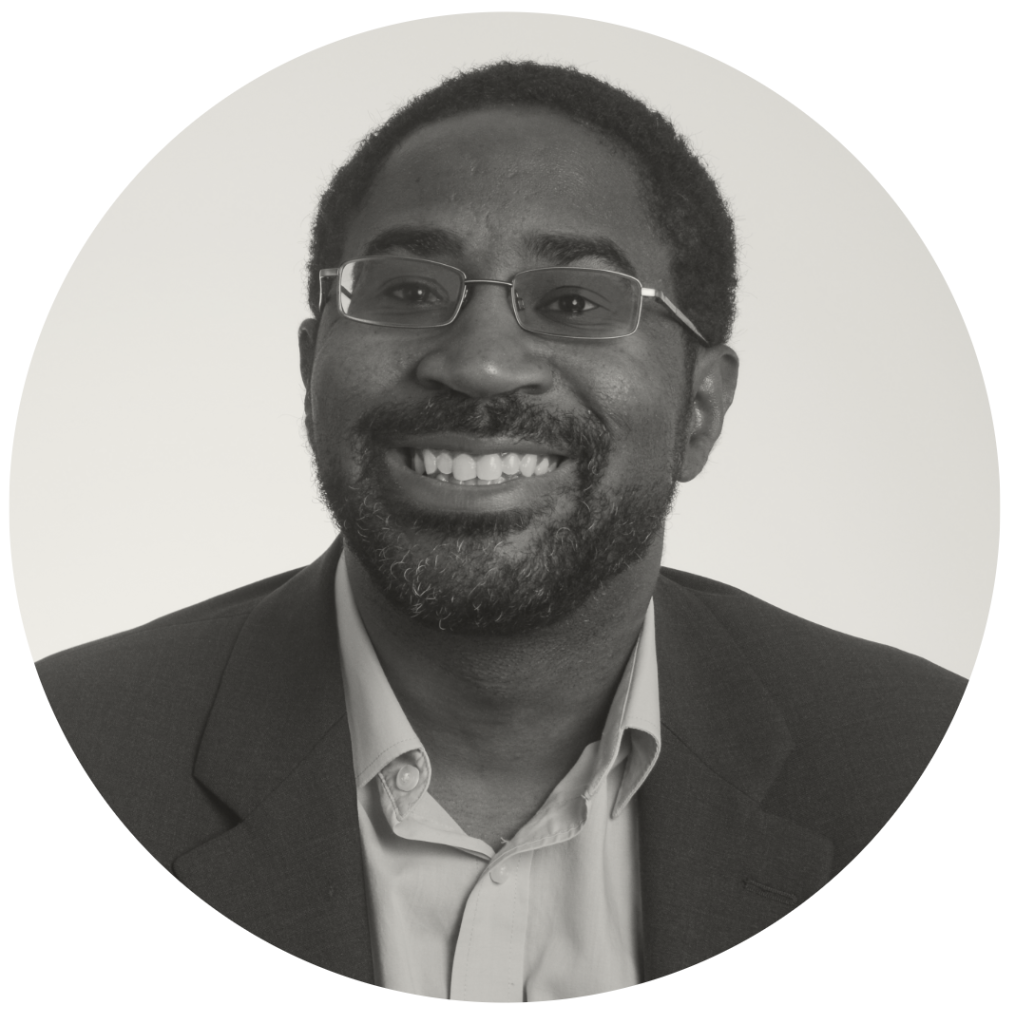
Dr. Steve Bien-Aimé
Assistant Professor in the William Allen White School of Journalism and Mass Communications at the University of Kansas.
Email: bienaime@ku.edu
Twitter: @Steve_BienAime

Dr. Umer Hussain
Assistant Professor of Sports Management at Wilkes University, USA. His research explores the intersection of race, religion, and gender in sports.
Email: umer.hussain@wilkes.edu
Twitter: @umerhussain222

Hanbo Liu
Doctoral Student in the William Allen White School of Journalism and Mass Communications at the University of Kansas.
Email: liuh2@ku.edu
The 2024 Refugee Team served as the largest Refugee Team in its brief Olympics history, with the increase likely connected to the United Nations figures saying, “Compared to a decade ago, the total number of refugees globally has more than tripled.” Undoubtedly, the situations causing tens of millions to be forcibly displaced should rightly shame the global community. However, that discomfort contrasts sharply with the so-called purpose of sport: Sport should be a place where athletes (and their sponsors), as well as fans, can escape the troubles of everyday life, thus placing sport in an apolitical and noncontroversial space. An examination of the media coverage of the 2024 Refugee Team unveils that sport journalists engaged in sportswashing, celebrating the athletes’ achievements while downplaying the broader global refugee crisis. This approach served to polish the image of both the Olympic movement and the host country, France, overshadowing the critical issues facing displaced individuals worldwide and within the host nation.
Sportswashing explains that various regimes and institutional bodies use athletics to both obscure their own societal ills and provide a public relations boost through image repair. For the international community, the fact that “1.5 per cent of the entire world’s population … is now forcibly displaced” should move nations to take more decisive actions.
Besides the high number of Refugee Team members, this year’s team was notable as it earned its first Olympic medal. Boxer Cindy Ngamba, originally from Cameroon and now living in Great Britain, won bronze. The first half of the article described the match and the historic medal. The audience learned halfway down why Ngamba lives in Britain: “She moved to the UK aged 10 and is unable to return to the country of her birth, Cameroon, because of her sexuality – homosexuality is punishable with up to five years in prison in the African country.” The BBC report did not explain the enormity of the refugee crisis.
The Japan Times differed from other news outlets in that it provided fuller context to understand the plight of displaced people: “I’m also very proud that there are 37 athletes who are representing the more than 100 million displaced people at these Olympic Games. They demonstrated what refugees can achieve if they are welcomed into their new communities.” The statement came from Masomah Ali Zada, the Chef de Mission for the Refugee Team who represented the Refugee Team in 2021 Tokyo for road cycling. That statement came in the bottom quarter of the article that was titled “Refugee Olympic Team representing displaced people and making its mark in Paris.” The findings for this Olympics align with previous research on sports media coverage of Refugee teams, which often downplays or ignores the underlying refugee crisis in favor of promoting feel-good narratives.
The Olympic movement prides itself on embracing diversity yet remains largely silent on the mistreatment of the very people it claims to defend, particularly by host nations. This is particularly evident in France’s long-standing policies that limit the religious freedom of Muslim women (i.e., including refugees) and the IOC silence. The Hijab ban, which started in schools in 2004 and expanded to a full-face veil ban in 2010, has now extended to sports, further marginalizing Muslim refugees. The case of French sprinter Sounkamba Sylla, who was barred from the Paris Olympics’ opening ceremony due to her Hijab and had to wear a cap to cover her hair, highlights these restrictions’ tangible, immediate impact on athletes of color. France also removed homeless people and migrants from various neighborhoods in preparation for the Games. However, International Olympic Committee President Thomas Bach said of the Refugee Team, “This will be a symbol of hope for all refugees in the world and will make the world better aware of the magnitude of this crisis. It is also a signal to the international community that refugees are our fellow human beings and are an enrichment to society.” The hypocrisy would be comical if were not real. To be fair, various media outlets globally, including French news companies, covered the displacement of marginalized people in Paris, but that coverage was widely overshadowed by the actual Olympic Games contests.
Scholars have also posited that various media outlets have historically downplayed human rights abuses related to mega-events in the Western world. Perhaps seeing how the plight of displaced people comes in second to sporting and feel-good narratives within media coverage, Refugee Team member Manizha Talash got “disqualified after displaying the words ‘Free Afghan Women’ on her cape” in the breakdance competition. The Reuters report, published globally, including in neighboring Pakistan, focused on Talash’s statement and the treatment of women in Afghanistan. Coincidentally, while the Refugee Team was created to highlight the refugee crisis, Talash got “ ‘disqualified for displaying a political slogan on her attire,’ the World DanceSport Federation said in a statement.”

